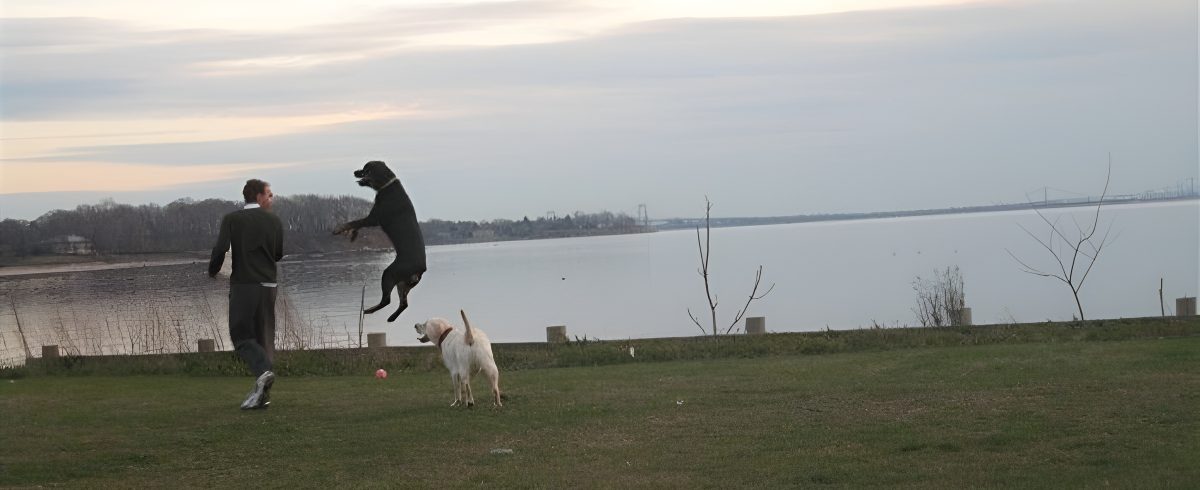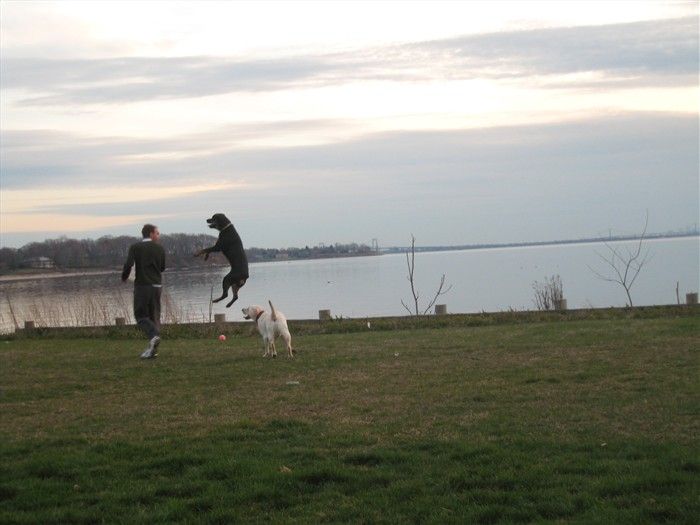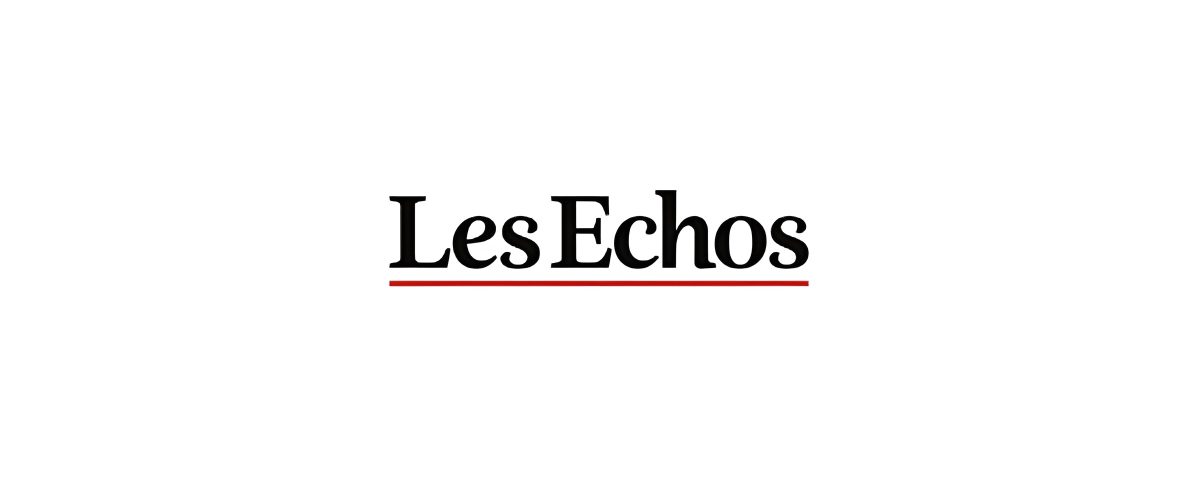My computer recently crashed and as I was restoring my files, I came across an article I wrote for Les Echos, a French financial paper similar to the Financial Times, in March 2001. I felt compelled to reproduce it now as the tone clearly captures the aspirations, ethos and dreams many of us had during the bubble and the lessons we learned or chose not to learn as we continue to dream about changing the world.
Apologies for the article being in French.
© Les Echos n° 18360 du 12/03/2001 p. 123
LE POINT DE VUE DE
Fabrice Grinda, fondateur d’Aucland
Les tribulations d’un enfant de l’Internet
Il arrive de passer sa vie sans jamais être au bon endroit, au bon moment, avec les bonnes compétences pour être en mesure de profiter d’une opportunité extraordinaire qui se présente à nous. Une partie de ma génération, la génération Y (pour Yahoo!), représentée par les personnes âgées de 20 à 35 ans, vient d’avoir cette opportunité.
Nous sommes les enfants de l’informatique. Nous avons donc été les mieux placés pour créer ou participer à la révolution Internet. Nous étions suffisamment jeunes pour prendre le risque de devenir entrepreneurs, et suffisamment âgés pour en avoir les moyens. Nous avons bénéficié d’un accès au capital sans précédent dans l’histoire récente des marchés financiers. La bulle spéculative que nous avons connue est une réminiscence des bulles spéculatives sur les tulipes en Hollande au XVIIe siècle ou de celles qui ont suivi l’introduction du télégraphe et de la radio aux Etats-Unis aux XIXe et XXe siècles. En explosant, ces bulles ont détruit de la valeur pour leurs financiers mais ont créé des nouveaux pans entiers de l’économie. Leur excès et leur rareté marquent les esprits. La bulle spéculative que nous venons de connaître n’est pas prête de se répéter, du moins sur des métiers que nous maîtrisons (quelqu’un connaît-il une formation accélérée en biotechnologie ?).
Nous nous sommes donc lancés dans Internet par opportunisme, par goût d’entreprendre, et par volonté de créer ou de participer à une révolution industrielle. Quelques-uns d’entre nous ont eu la chance de s’enrichir matériellement. La plupart se sont uniquement enrichis intellectuellement. Malgré les excès décriés de l’opportunisme, nous aurions été stupides de ne pas profiter de cette révolution pour tenter de nous enrichir. Plus jamais l’opportunité de gagner autant d’argent aussi vite ne se présentera à nous.
Mon expérience personnelle est symptomatique. Pris dans l’euphorie du moment et dans mes rêves de conquête de l’Europe, j’ai malheureusement manqué de bon sens. J’ai choisi de créer ma société Internet pour plusieurs raisons. Après deux ans chez McKinsey où j’avais énormément appris, j’étais sûr de ne pas avoir pour vocation d’écrire la présentation Powerpoint parfaite. Ayant été entrepreneur parallèlement à mes études, l’indépendance et la gratification d’avoir un impact sur le devenir de l’entreprise, de la voir grandir et d’influencer son destin me manquaient. Certains de mes amis avaient déjà réussi sur Internet aux Etats Unis, et j’avais l’impression de passer à côté d’une opportunité unique. Finalement, à vingt-trois ans, j’ai considéré que je n’avais rien à perdre. Au pire, j’allais apprendre quelque chose. Si je ne prenais pas le risque de devenir entrepreneur aujourd’hui, je ne le deviendrais peut-être jamais. Je ne voulais pas attendre d’être marié avec des enfants pour dire un jour à ma femme : « Aujourd’hui j’ai quitté mon emploi, vendu l’appartement, et pendant les trois prochaines années je vais travailler 80 heures par semaine pour une société qui a 95 % de chances de faire faillite. »
J’ai donc quitté McKinsey pour créer Aucland en juillet 1998. J’ai commis plusieurs erreurs. Nous avons lancé le site en avril 1999, après nos concurrents. La première erreur a été de croire que nous devions développer notre propre logiciel, techniquement supérieur à ceux de nos concurrents, pour maîtriser notre montée en puissance et démontrer aux capital-risqueurs notre capacité à exécuter un projet. Nous aurions dû acheter un logiciel pour nous lancer rapidement, et développer notre logiciel en parallèle. Malgré cela, nous nous sommes établis rapidement comme un des acteurs principaux du marché français car nous étions mieux structurés et avions pensé plus grand que la plupart de nos concurrents.
C’est en juin 1999 que j’ai commis ma plus grosse erreur. Quatre mois après notre lancement, onze mois après la création de la société, s’est présenté l’opportunité de la vendre pour près de 100 millions de francs. Je détenais 75 % de la société qui avait 20 employés, 20.000 clients et pas de chiffre d’affaires. J’ai refusé parce que je pensais que l’acquéreur ne nous donnerait pas les moyens de gagner face à QXL et iBazar, qui avaient levé des sommes considérables. Si j’avais eu un tant soit peu de bon sens, je n’aurais jamais refusé ce genre de proposition pour quatre ans de travail (j’aurais eu une obligation de trois ans de travail chez l’acquéreur). Nos concurrents étaient bien armés, ce qui rendait risquée l’opportunité de continuer tout seul sur un marché qui est par nature monopolistique. Par orgueil et mégalomanie, j’ai préféré prendre le risque de partir à la conquête de l’Europe plutôt que de prendre en considération le caractère éphémère des conditions dans lesquelles je me trouvais…
Depuis, j’ai énormément appris. J’espère, bien sûr, être un jour de nouveau dans une situation similaire pour ne pas faire les mêmes erreurs. Au moins, cette bulle spéculative a créé une génération d’entrepreneurs en Europe. Ayant goûté aux joies de l’entreprenariat, certains d’entre nous n’en reviendront pas. Nous sommes inemployables, incapables de travailler dans des sociétés bureaucratiques avec de nombreux jeux politiques. Nous serons les précurseurs des changements et nous créerons la société économique de demain. Cela nous prendra juste plus de temps et sera moins lucratif que prévu. Ce n’est pas très grave, ayant gardé une pointe de mégalomanie, nous pouvons encore rêver de changer le monde !




